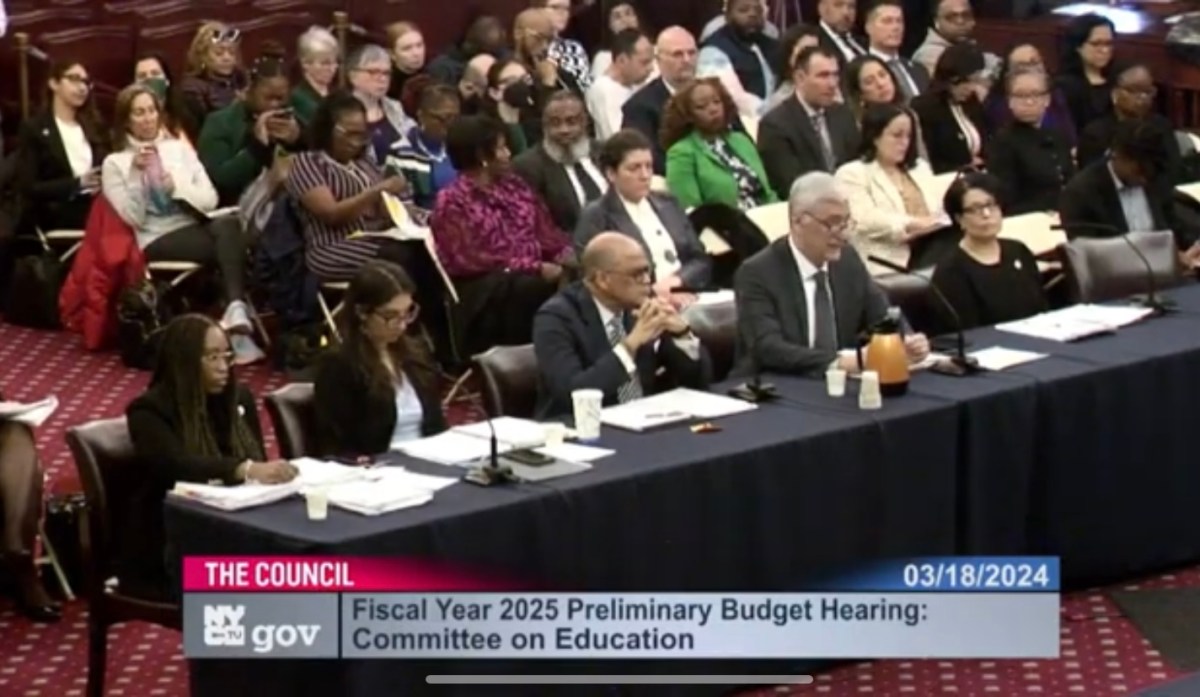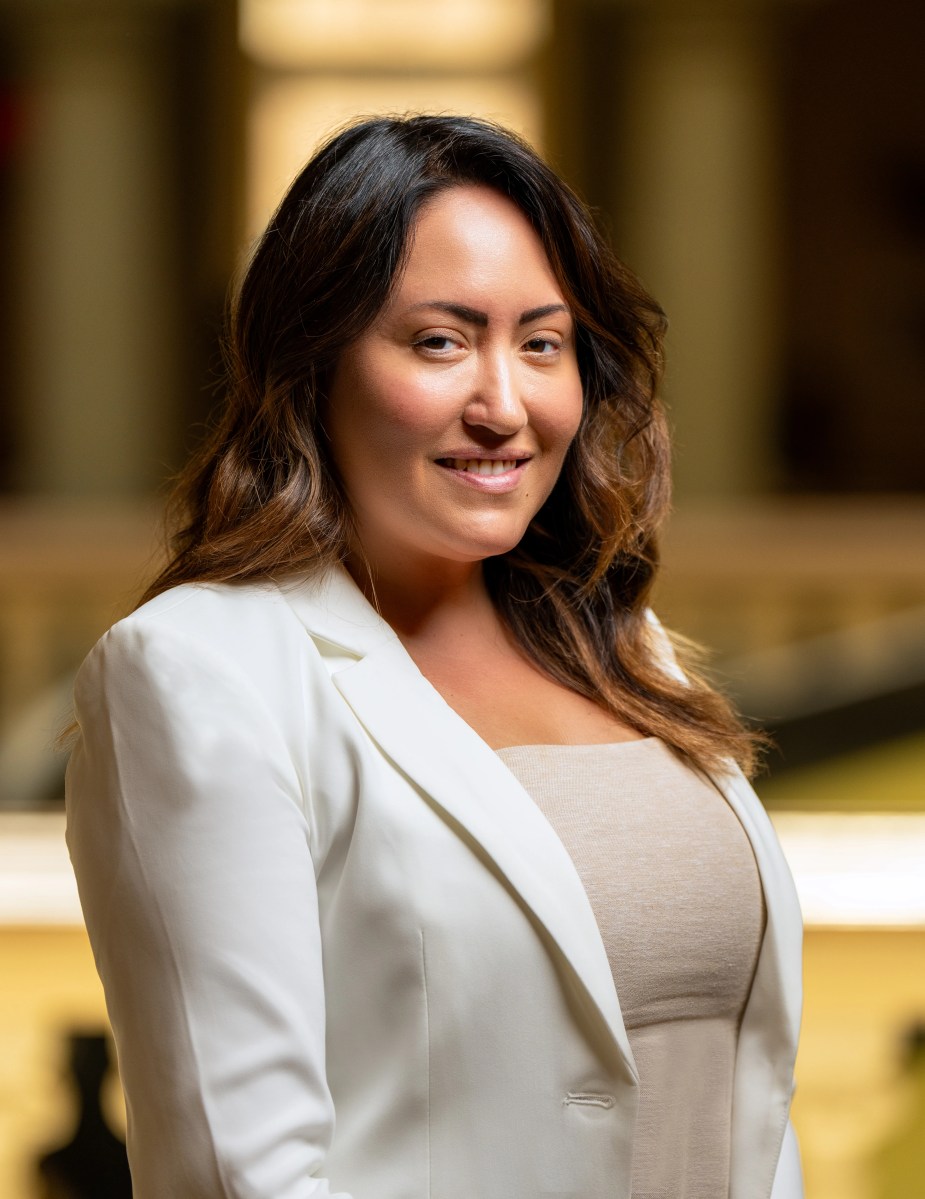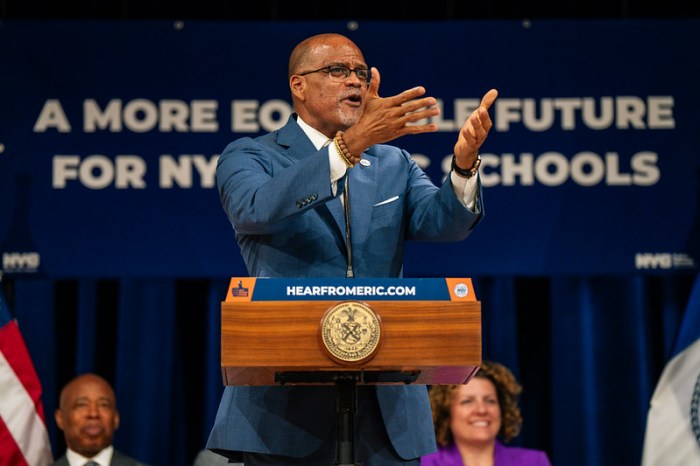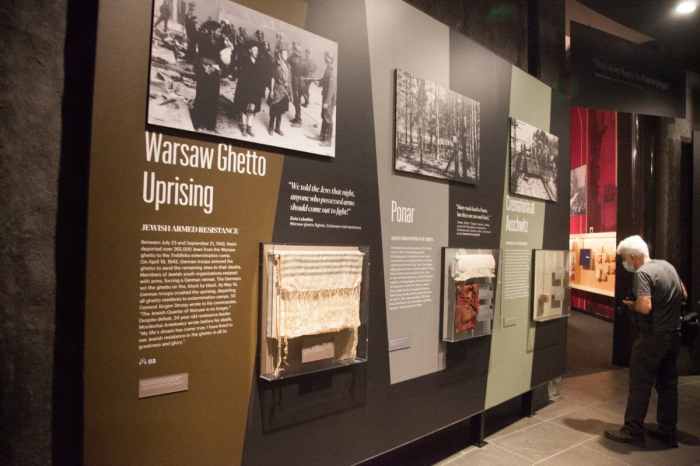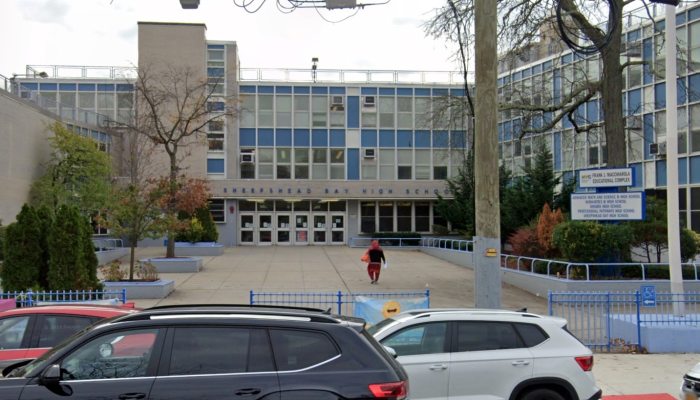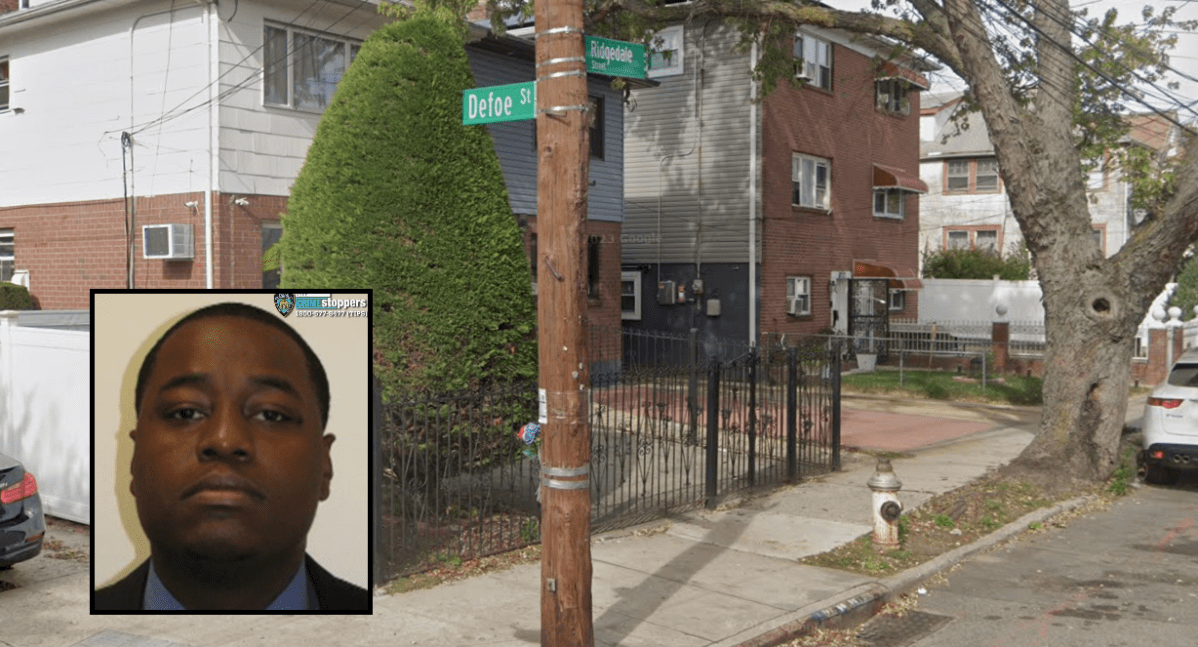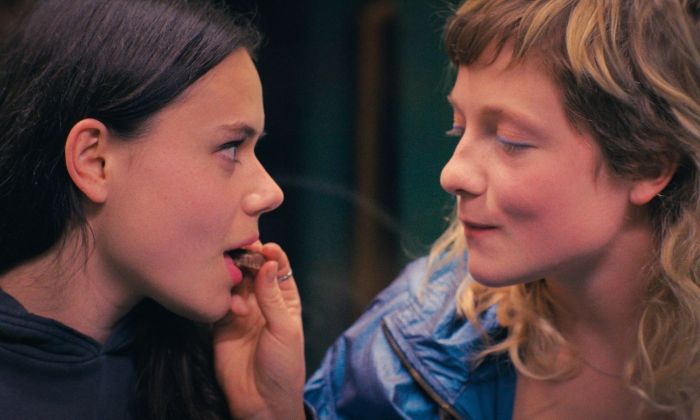After City Council members had thoroughly grilled him, Schools Chancellor David Banks offered “great confidence” that some recent budget cuts endangering early childhood education programs could be reversed.
Banks’ statement came during a City Council FY25 preliminary budget hearing on March 18 over the recent education budget cuts to city-funded programs that many parents and working families rely on, including city-funded pre-K and 3-K services.
Recently, hundreds of millions in funds for early childhood education have been cut. Pre-K, 3K and other programs have been supported in part by federal pandemic relief funding that was intended for immediate relief efforts, such as reopening schools, not long term programs such as early childhood education services.
Early childhood education budget cuts: Banks has “great confidence” about restoring funding
After facing a line of questions from the council, led by Brooklyn City Council Member Rita Joseph, chair of the council’s Education Committee, Banks said at the hearing that he has “great confidence” when it comes to saving early childhood education programs.
“The cuts that are being affected in early childhood are extremely hurtful to the entire enterprise of early childhood,” Banks said. “I want you to know that we share the concerns of anyone around early childhood. This is a major priority for us.”
Despite the ray of hope from Banks, the Independent Budget Office, a department that provides the city and public with budget information, found that the reductions to the universal pre-K and 3-K budget have amounted to $283 million in 2024 and $399 in 2025.
But during intense interrogation from the council, Banks doubled down on reassuring the council that there will be “really good news” around these programs.
“I am fighting like heck to make sure that those cuts are restored and I have great confidence that in the coming weeks we will have really good news around early childhood.”
Preschool special education budget cuts
According to Joseph, hundreds of preschool special education students are waiting for seats. But the city has “not committed to extending the $96 million average in annual investment” made over the previous two years.
“Approximately 600 students are waiting for seats, however we are doing everything we can to arrange for services while they await their seats and understand that all students need their placement,” a DOE official said during the hearing.
A timeline to get the children into preschool special education seats was not clear during the hearing. But DOE officials said they “hope” all children will be given a seat.
The pre-K and 3-K cuts have been a point of contention for many working families around the city this year. On Sunday, parents and kids collected signatures from fellow New Yorkers protesting the cuts.
Rebecca Bailin, executive director of New Yorkers United for Child Care, led the effort. Although she appreciates Banks’ remarks during the hearing, she is still skeptical about the future of the programs.
“Chancellor Banks’ announcement shows that the outrage from New York City’s parents and would-be parents is working, but we’ll believe him when we see every dollar restored,” she said. “Since entering office, Mayor Adams has made it clear that rolling out truly universal 3-K is not his priority and has made $400 million in pre-K and 3-K cuts.”
She added that Adams is “playing games” with the livelihoods of families who rely on the city-funded programs, echoing Banks’ drive to restore the cuts.
“New York’s families and would-be families are also going to ‘fight like heck’ until the mayor can guarantee that every family that needs a 3-K and Pre-K seat can get one,” she said. “To the extent that seats are empty today, it is not for lack of demand; families are saying they need care. The city should be doing everything it can to help them access 3-K and expand free child care for toddlers and infants.”



